Safe & secure Cardstack wallet
Take control of your Cardstack assets with complete confidence in the Trezor ecosystem.
- Secured by your hardware wallet
- Use with compatible hot wallets
- Trusted by over 2 million customers
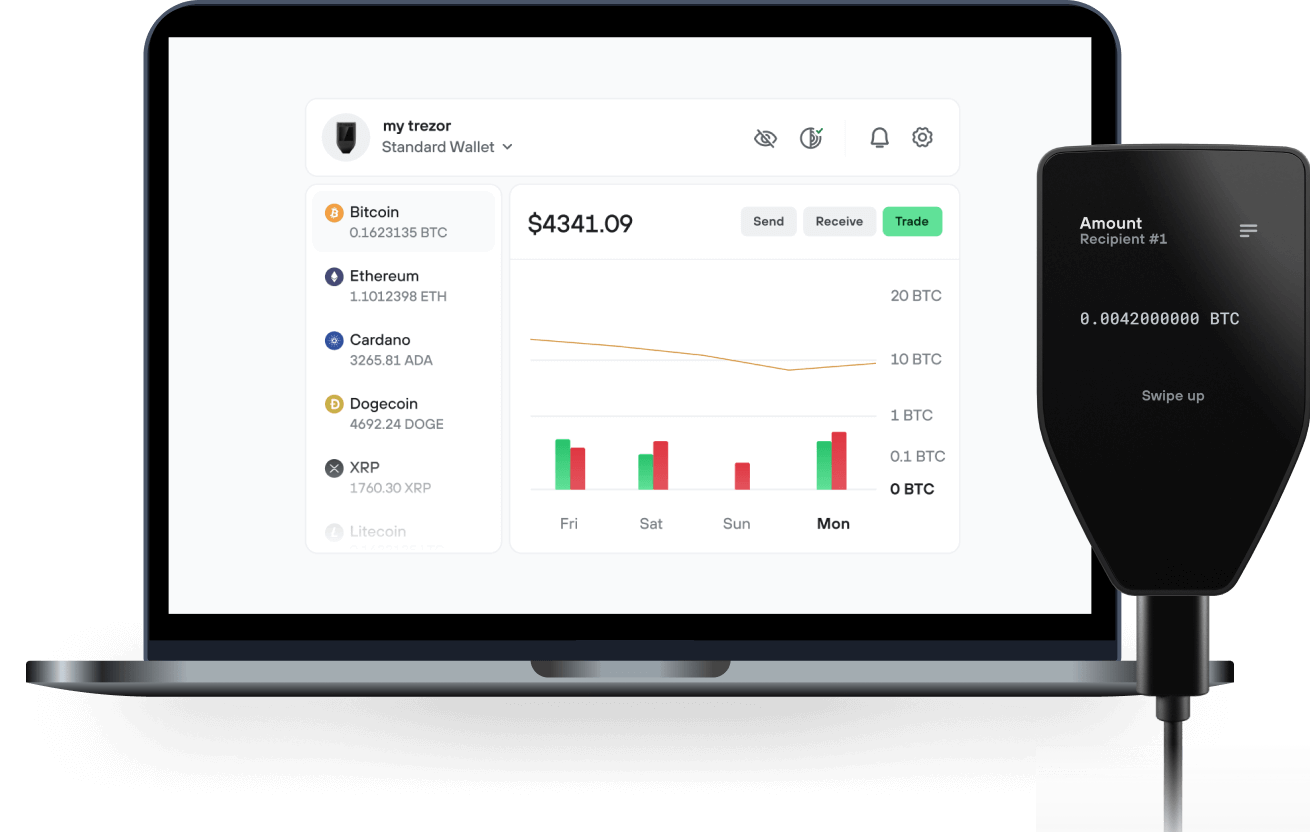
Send & receive your Cardstack with the Trezor Suite app

Send & receive

Swap
Trezor hardware wallets that support Cardstack
Sync your Trezor with wallet apps
Manage your Cardstack with your Trezor hardware wallet synced with several wallet apps.
Trezor Suite
MetaMask
Rabby
Supported Cardstack Network
- Ethereum
Why a hardware wallet?
Go offline with Trezor
- You own 100% of your coins
- Your wallet is 100% safe offline
- Your data is 100% anonymous
- Your coins aren’t tied to any company
Online exchanges
- If an exchange fails, you lose your coins
- Exchanges are targets for hackers
- Your personal data may be exposed
- You don’t truly own your coins
How to CARD on Trezor
Connect your Trezor
Install Trezor Suite
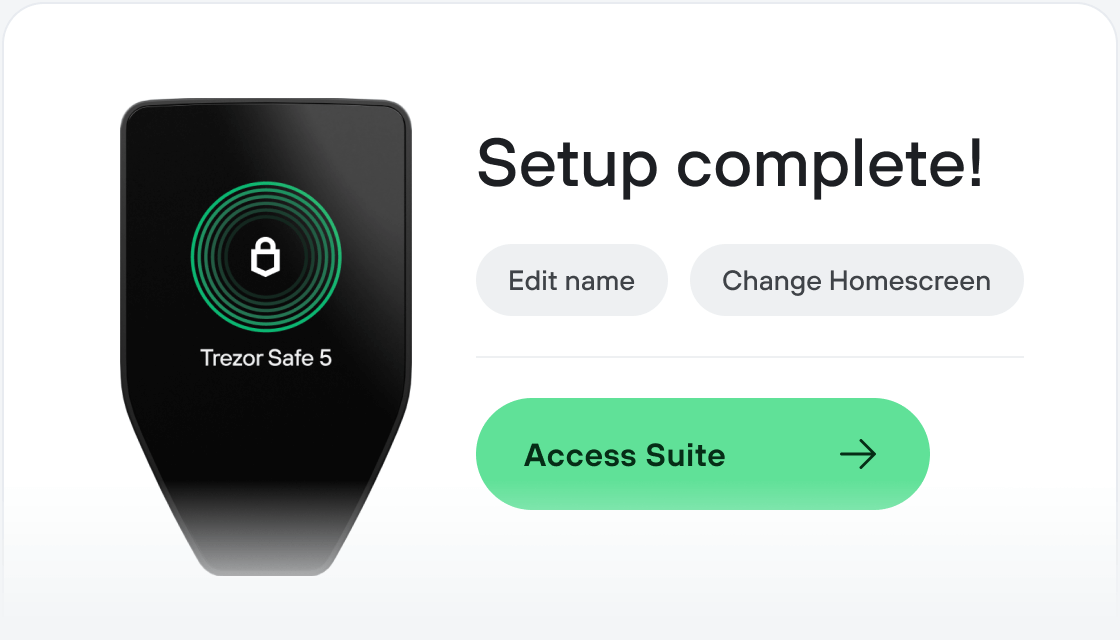
Transfer your CARD
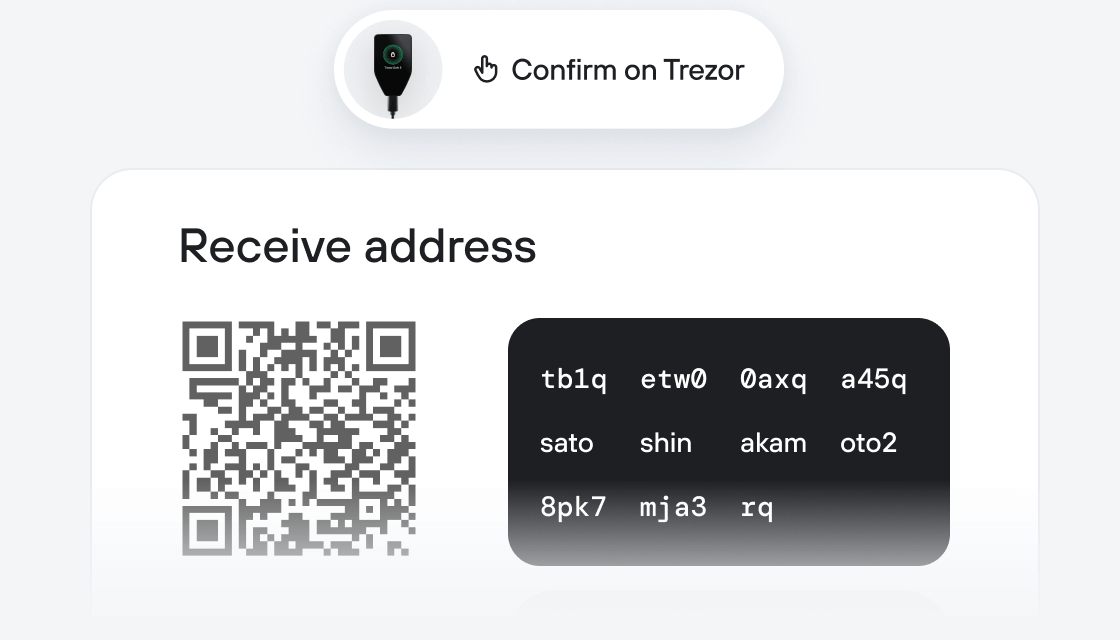
Make the most of your CARD
Trezor keeps your CARD secure
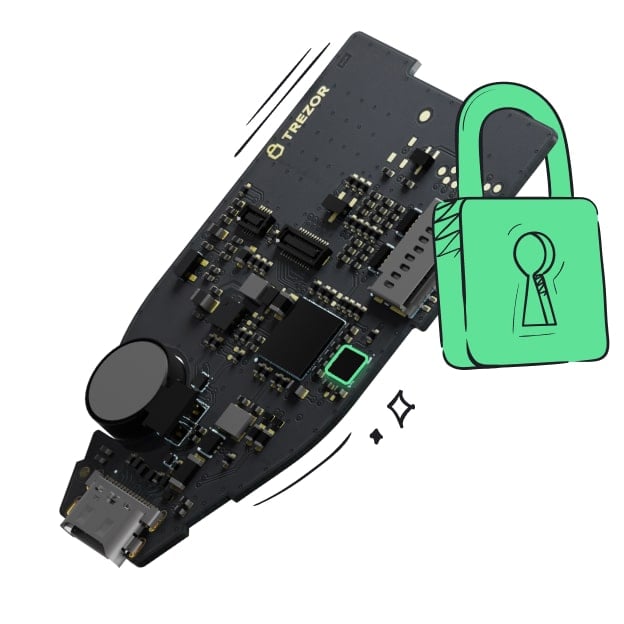 Protected by Secure Element
Protected by Secure ElementThe best defense against both online and offline threats
 Your tokens, your control
Your tokens, your controlAbsolute control of every transaction with on-device confirmation
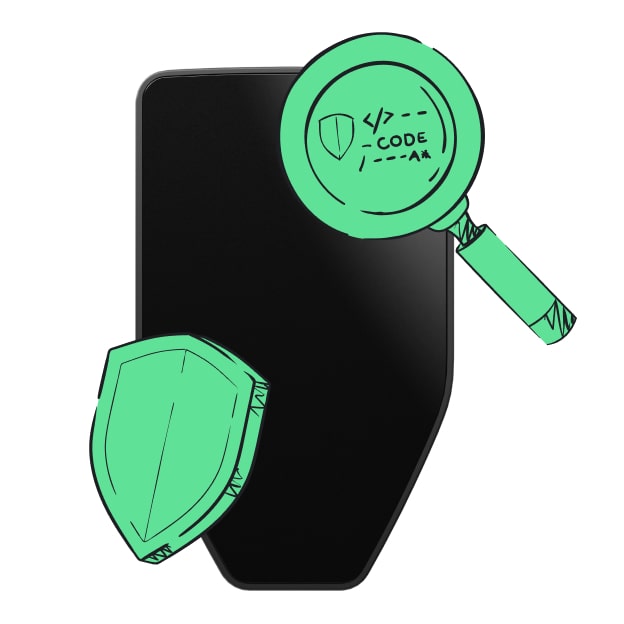 Security starts with open-source
Security starts with open-sourceTransparent wallet design makes your Trezor better and safer
 Clear & simple wallet backup
Clear & simple wallet backupRecover access to your digital assets with a new backup standard
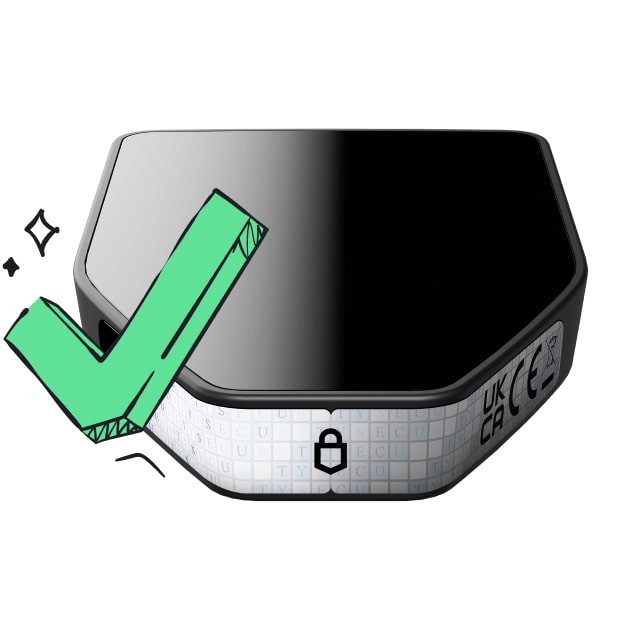 Confidence from day one
Confidence from day onePackaging & device security seals protect your Trezor’s integrity
Cardstack is an open-source framework and consensus protocol that makes blockchains usable and scalable for the mass market, creating a decentralized software ecosystem that can challenge today’s digital superpowers. Cardstack Token (CARD) is a utility token allowing end- users and businesses to use applications that interact with multiple blockchains, decentralized protocols, app-coin-backed dApps, and cloud- based services while paying a single on-chain transaction fee.
The main value proposition of the Cardstack ICO is to breakdown the user experience of disparate software, cloud and blockchain silos which now exist on various levels of the digital world, allowing both developers and users to engage in customizable workflows. To overcome these disparate app silos, Cardstack offers a new UI, deployed via the web or as a peer-to-peer app, which turns each service created by open-source developers into a “card”. Each card comprises a visual embodiment of key information, whereby users can then connect related cards for any type of workflow or utility they desire. These cards are the point of interaction between local services, cloud-based services and blockchain services all on one interface called Cardstack Hub. Underlying the Cardstack ecosystem is the Cardstack Token (CARD), an Ethereum-based ERC20 token.
The Cardstack Team comprises many open source contributors. Check out the full list of contributors here. Heading the development of Cardstack is Christopher Tse. Christopher holds a BSc in Computer Science from Columbia University and is the Co-Founder of Monegraph and dotBlockchain Media. He has also served as Senior Director of Innovation at Businessweek. Ed Faulkner is the Lead Developer at Cardstack. He holds a Master of Engineering in Electrical Engineering and Computer Science from MIT. He has founded three of his own tech ventures of which all are currently operational. Hassan Abdel-Rahman is the Lead Blockchain Developer for Cardstack. He holds a BSc in Computer Science and Mathematics from Colorado School of Mines. Previous roles include over 2 years as Senior Software Designer at Monegraph and Principal Engineer at McGraw-Hill Education.
One of the most important features Cardstack will deploy is an entry channel payment system that does not require users to purchase cryptocurrency from an exchange. Users can simply pay with fiat, such as a credit card, to purchase CARD tokens directly on the platform, bypassing the need for any prior familiarity with crypto. Once users purchase CARD tokens, they are stored on a native wallet accessible from the Cardstack Hub. CARD tokens held in the native wallet are then used to purchase SSCs for every app and service they users with to access. To make any project appealing to the mass consumer market, this type of simplified entry into the cryptospace is a necessity. Cardstack have made some progress on the development front. The code for over 30 initial modules on the Cardstack platform has been made available via their Github. Also, the Solidity code for the Scalable Payment Pool has already been open-sourced. The Scalability Payment Pool is one of the core back-end mechanisms of the platform that issues rewards to developers for their work.
Cardstack aims to create an economically-sustainable software ecosystem that avoids the problems of today’s centralized platforms. It’s an “experience layer” for the decentralized internet of the future, allowing users to combine services across cloud apps and decentralized apps. The ecosystem revolves around the use of Cardstack tokens, or CARD.